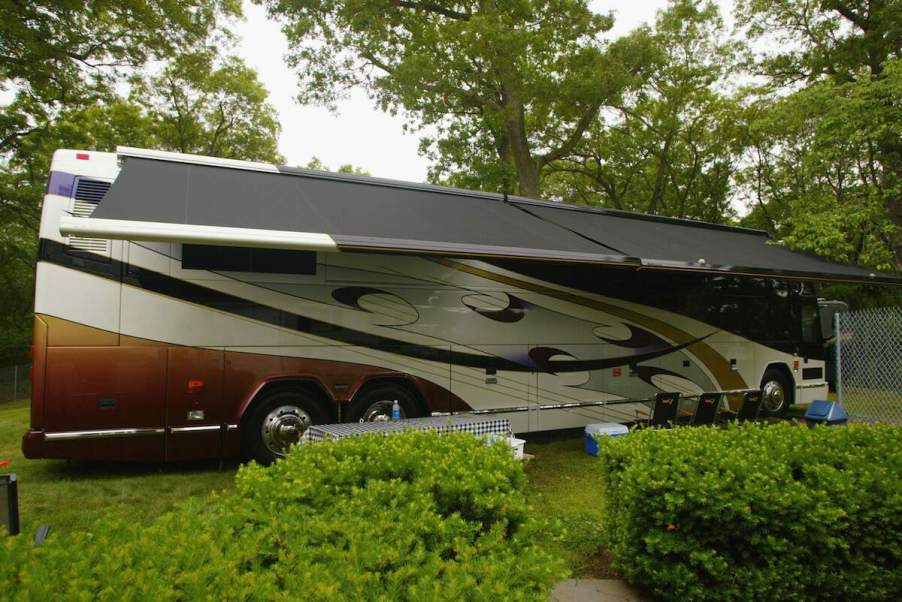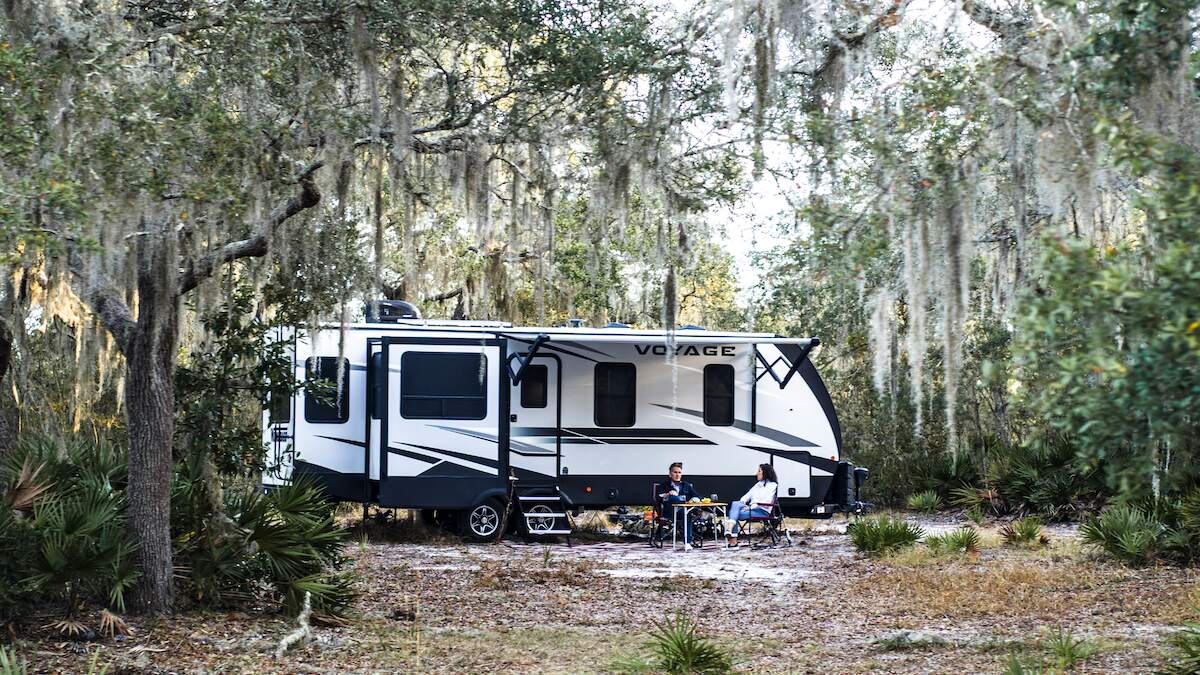
10 States Where You Can Legally Live in an RV on Your Property
Most RV owners use their rigs for adventures, but some reside in them full-time. Living in an RV is illegal in certain areas, but that’s not the case everywhere. Here’s a look at 10 states that allow you to live in an RV on your property and the various other laws and quirks RVers should consider when picking a place to settle.
These 10 states let you live in an RV on your own property

Arizona, California, Colorado, Florida, New York, Nevada, Pennsylvania, South Dakota, Texas, and Washington allow you to live in an RV on your property. That’s great news because many of those states are among the best for camping in an RV.
Camping in a vehicle and living in one are different, but folks who live in their RVs might still want to take their rig on a camping trip occasionally. If they do, the best state for that is California because it has an excellent mix of attractions and amenities for RVs. Washington is great, too, as are Colorado, Texas, and Florida. Arizona and Pennsylvania are decent for campers, but Nevada and South Dakota aren’t so great. Why?
Some states are more lenient than others
Although those 10 states allow people to live in an RV on their own property, there are many considerations owners should make before moving to any of those states. The first one is economic. Because those states allow people to live in an RV on their own property, property prices, and the owner’s job will matter.
RV owners who work remotely will probably have it easier than others. Folks with such a job might want to consider states with low property taxes or no or low state income tax. Washington, Texas, and Florida don’t have a state income tax, and Colorado’s income tax is low. And although California has a state income tax, its property taxes are below average.
In addition, although South Dakota is not a great state for RV camping, it’s one of the few offering mail-forwarding services.
RV owners should also research other laws that might affect them. For example, California, Colorado, and Washington are marijuana-friendly, while states like Texas are not. And even if states allow RV living, cities and municipalities within those states might still discourage it, VEHQ reports.
RV laws vary by state and municipality
Varying laws are among the main annoyances with RV living. The United States is complex, and each state can regulate recreational vehicles. For example, even though people can legally live in an RV full-time on their own property in the Golden State, California restricts where RVs can park, how large those vehicles can be on public roads, etc.
Local laws further complicate matters. Municipalities can make their own rules, so the laws can vary greatly, even in RV-friendly states. That’s why owners should do their homework when considering areas for RV living.





